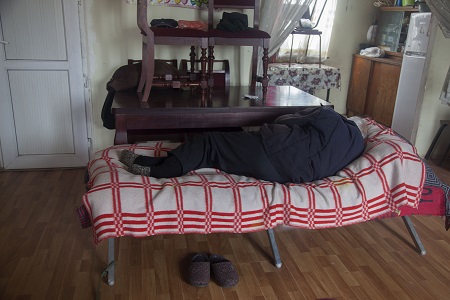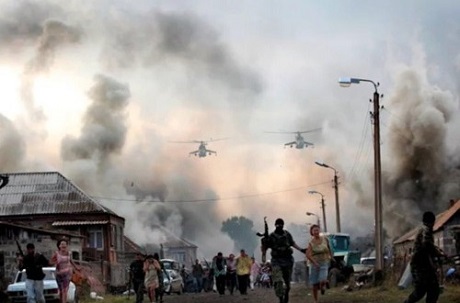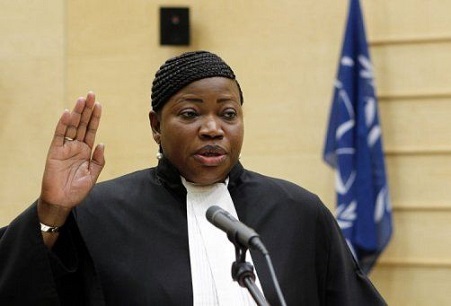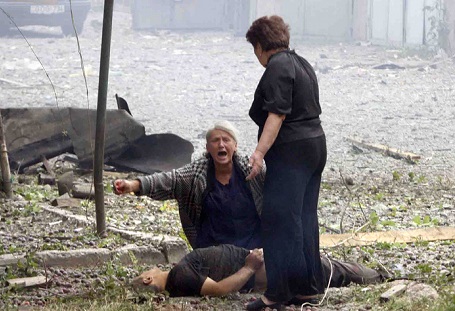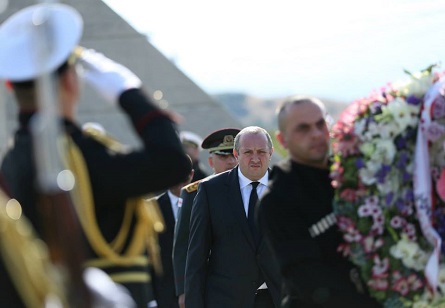FIDH: “Tskhinvali can’t be a zone of impunity”
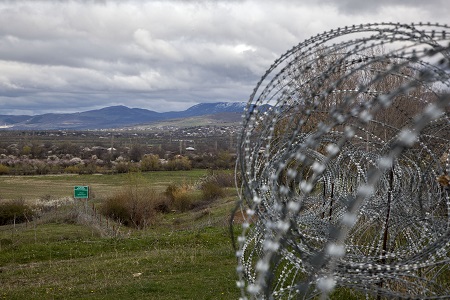
International human rights group FIDH and the Georgian Human Rights Centre (HRIDC) have conducted a joint evaluation mission in Georgia regarding the launch of an investigation into possible war crimes committed during the Russia-Georgia war of 2008 by the International Criminal Court (ICC).
- FIDH is international human rights NGO federating 178 organisations from 120 countries. Since 1922, FIDH has defended all civil, political, economic, social and cultural rights as set out in the Universal Declaration of Human Rights.
- HRIDC is a Georgia-based NGO dedicated to the protection and promotion of human rights.
The evaluation period started on April 23 and ended on April 27, during which representatives from both organisations met people affected by the Russia-Georgia conflict, as well as representatives of national authorities, Georgian civil society representatives and victims’ lawyers.
FIDH said during last month’s evaluation where the teams visited the area near the Administrative Boundary Line (ABL) with Georgia’s de facto Tskhinvali (South Ossetia) region, as well as Ergneti village, they were able to "confirm victims strive for justice and reparation that was reinforced by the economic, social and psychological consequences of the armed conflict that, eight years after, still affected them and have not been adequately addressed”.
The importance of ICC investigation cannot be overestimated in the region. It sends the signal that disputed entities, like South Ossetia, cannot be zones of impunity and that those most responsible for these crimes must be held accountable,” Karim Lahidji, FIDH president said.
Both organisations reiterated the need for national authorities to "fully cooperate” with the ICC as it carried out its investigation and unveiled those who bear the greatest responsibility for the crimes against humanity and war crimes committed during the 2008 war.
They also stressed it was essential Georgian authorities ensured effective national investigations and prosecutions of all those responsible, thus ensuring victims’ genuine access to justice.
During the five-day investigation, FIDH and HRIDC discovered people at the centre of the issue – those who remained living in the occupied territories as well as those who had been forced to flee from their homes – expressed their support to reconciliation efforts between war-affected communities, "which is unfortunately undermined by the persisting climate of insecurity for the inhabitants of the borderline areas.”
Indeed, hostage takings of civilians still occur and the construction of barbed-wire frontiers and fences, which actually moved the Russia controlled administration borderline further into Georgia controlled territories, causing new property and land losses for the local population, only reinforce this climate,” wrote FIDH.
In January this year the ICC authorised an investigation into possible war crimes committed during the conflict between Russia and Georgia in 2008.
The Court authorised prosecutor Fatou Bensouda to proceed with an investigation into the crimes, allegedly committed in and around South Ossetia between July 1 and October 10, 2008.
 Tweet
Tweet  Share
Share

